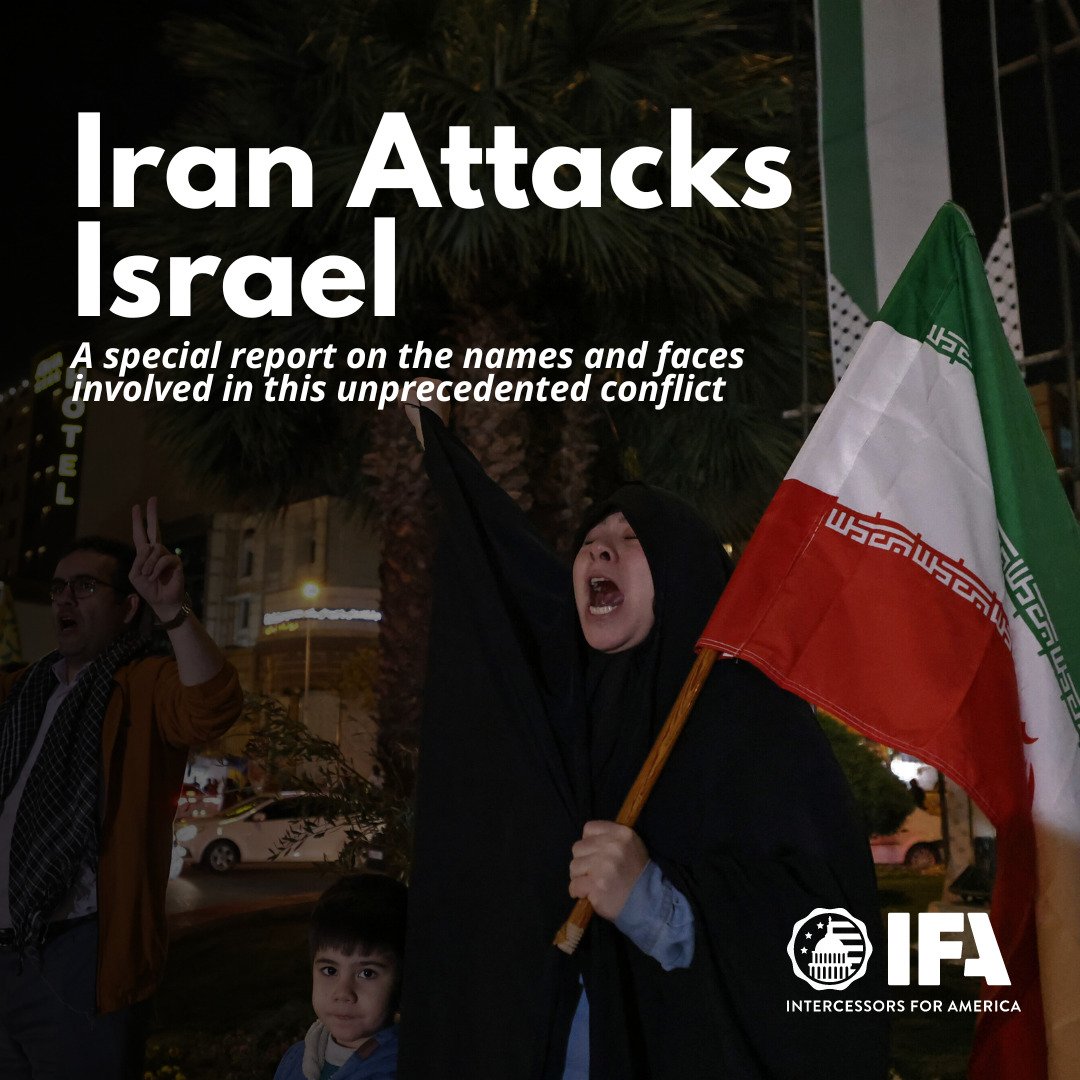SUPREME COURT: 3 RULINGS ANNOUNCED
THE EQUALITY ACT PASSES IN THE HOUSE-ONE STEP CLOSER TO LOSS OF FREEDOMS
ABBY JOHNSON PRAYS WITH IFA INTERCESSORS ABOUT RECENT PRO-LIFE MOMENTUM
ARE WE GOING TO WAR WITH IRAN?
TRUMP STANDS FIRM AGAINST CHINESE SPYING WITH HUAWEI BAN
SUPREME COURT: 3 RULINGS ANNOUNCED
The Supreme Court concluded hearing oral arguments for cases in April, and this month they have begun issuing their decisions. Rulings were announced in three cases on Monday, May 13.
Apple, Inc. v. Pepper
By a decision of 5-4, Justice Brett Kavanaugh cast the deciding vote permitting iPhone users to bring antitrust lawsuits against the tech giant Apple. The plaintiffs believed Apple was running an unlawful monopoly by programming their iPhones to only download apps inside of the Apple store and mandating the pricing scale on apps. App developers must pay Apple a 30 percent commission, and in turn, those costs are passed down to the consumer, a cost the plaintiff believes is not lawful since there is no competition in the app market controlled by Apple.
In this decision, Kavanaugh voted with the liberal block on the bench, Justice Ginsburg, Justice Breyer, Justice Sotomayor, and Justice Kagan. The dissenting votes were cast by Justice Gorsuch, Chief Justice Roberts, Justice Thomas, and Justice Alito. In Kavanaugh’s opinion, he wrote, “The plaintiffs seek to hold retailers to account if the retailers engage in unlawful anticompetitive conduct that harms consumers who purchase from those retailers. That is why we have antitrust law.” On the other side of the issue, Justice Gorsuch wrote the dissenting opinion, “No antitrust reason exists to treat these contractual arrangements differently, and doing so will only induce firms to abandon their preferred — and presumably more efficient — distribution arrangements in favor of less efficient ones, all so they might avoid an arbitrary legal rule.” This Supreme Court decision in no way decides this issue, but instead now permits iPhone users to bring antitrust lawsuits against Apple.
Cochise Consultancy, Inc. v. United States ex rel. Hunt
In a unanimous decision, the Supreme Court ruled against defense contractor Cochise Consultancy. Claims were brought against Cochise Consultancy by relator Billy Joe Hunt for allegedly defrauding the federal government from January 2006 – January 2007 when Cochise Consultancy was contracted to clean up munitions by Iraqi forces. However, because Hunt’s lawsuit was after the False Claims Act six-year limitation period, district court decisions were inconclusive on the case.
The Supreme Court determined that the second statute of limitations adopted by Congress in 1986 applies to “a realtor-initiated suite in which the United States declines to intervene.”
Franchise Tax Board of California v. Hyatt
The most critical decision this month is the Supreme Court’s 5-4 decision to overturn a 40-year precedent of Nevada v. Hall which has long stipulated that states lack sovereign immunity in another state’s courts. The decision affirms the conservative constitutional perspective on the issue, holding to the 11th Amendment, and signals to the nation that the 5-4 conservative majority on the bench is not afraid to overturn historical precedents.
The case involved Gilbert Hyatt, a microchip inventor, who used a Nevada court to sue the California Franchise Tax Board over the issue of whether he had failed to pay in full his California income taxes. The Nevada court ruled in Mr. Hyatt’s favor to a tune of $490 million judgment cost, but the California court refused to pay Mr. Hyatt because they stated it was unconstitutional for a Nevada court to sue another state. In 2016, the case was set to be decided by the Supreme Court, but due to Justice Scalia’s passing, the court failed to reach a majority decision.
Justice Breyer wrote the dissenting opinion and stated, “Today’s decision can only cause one to wonder which cases the Court will overrule next.” Many people believe this decision proves that the conservative majority on the bench would not be afraid to overturn other Supreme Court precedents related to the sanctity of life and religious liberty. (Excerpted from My Faith Votes)
Partner with Us
Intercessors for America is the trusted resource for millions of people across the United States committed to praying for our nation. If you have benefited from IFA's resources and community, please consider joining us as a monthly support partner. As a 501(c)3 organization, it's through your support that all this possible.






Comments
Praise the Lord God, the Most High and exalted creator, for the current
judicial authorities which lay a foundation for the restoration of the rule of law. Lawlessness is not godliness. A foundation for lawfulness must patiently be laid. May this process continue O Lord.